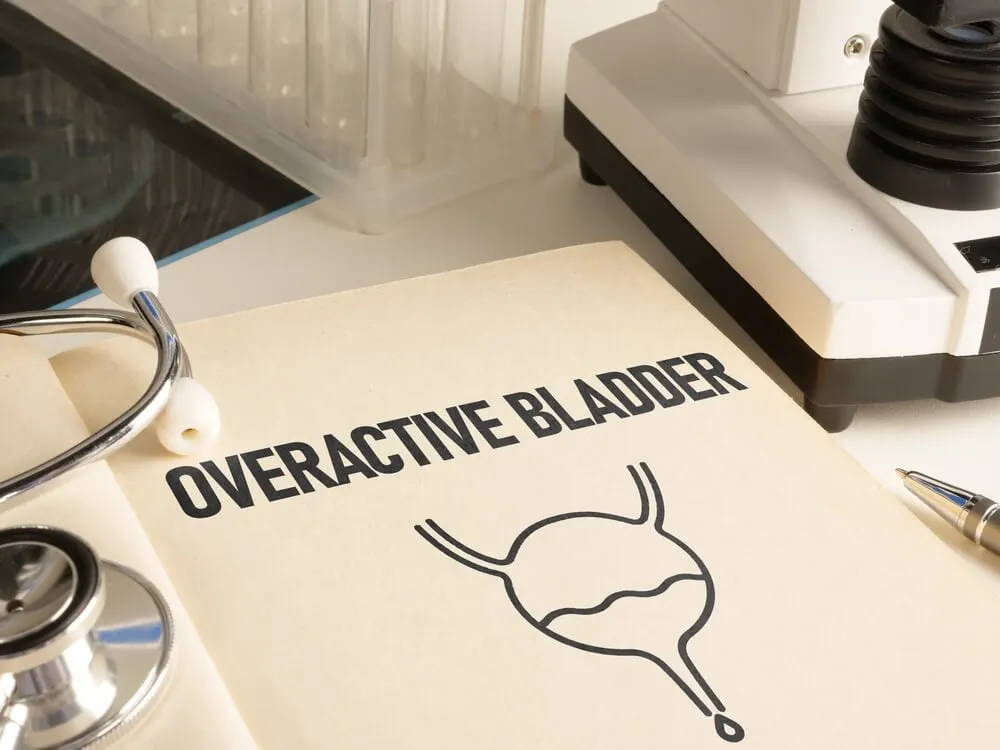Sleep Better with These 4 Tips for OAB

Understanding the Sleep-OAB Connection
Let’s face it—there’s nothing worse than tossing and turning at night, all because your bladder won’t cooperate. For those dealing with Overactive Bladder (OAB), the struggle is real. Frequent nighttime trips to the bathroom can turn sweet dreams into a series of frustrating interruptions. But don’t lose hope! There are practical steps you can take to improve your sleep quality while managing OAB symptoms. Here are four tips that can help you reclaim your nights.
1. Mind Your Fluid Intake
One of the simplest yet most effective strategies to manage OAB is to be mindful of when and how much you drink. While staying hydrated is essential, timing is everything!
- Limit fluids in the evening: Try to cut back on your fluid intake a few hours before bedtime. This can significantly reduce the number of nighttime bathroom trips.
- Choose your drinks wisely: Caffeine and alcohol can irritate the bladder, so it’s best to avoid them in the hours leading up to sleep. Opt for herbal teas or water instead.
By adjusting your fluid intake, you can create a more peaceful nighttime environment, allowing you to drift off without constant interruptions.
2. Establish a Relaxing Bedtime Routine
Creating a calming pre-sleep routine can work wonders for your overall sleep quality. Think of it as a gentle way to signal your body that it’s time to wind down.
- Incorporate relaxation techniques: Activities like yoga, meditation, or deep-breathing exercises can help ease anxiety and prepare your mind for rest.
- Limit screen time: The blue light emitted by screens can interfere with your sleep cycle. Try to unplug at least an hour before bed to give your mind a chance to relax.
A consistent routine not only helps you fall asleep faster but also improves the quality of your sleep, making those nighttime bathroom trips feel less disruptive.
3. Optimize Your Sleep Environment
Your bedroom should be a sanctuary for sleep. If it’s cluttered or noisy, it can hinder your ability to rest well. Here are some tips to create a sleep-friendly space:
- Keep it dark and cool: Use blackout curtains and set your thermostat to a comfortable temperature. A cool, dark room can help promote deeper sleep.
- Invest in a comfortable mattress and pillows: Your bed should be inviting. A good-quality mattress and supportive pillows can make a significant difference in your sleep quality.
By optimizing your sleep environment, you can create a space that encourages relaxation and minimizes disturbances.
4. Explore Natural Remedies
While there are various treatments available for OAB, many people find relief through natural remedies. Here are a few options worth considering:
- Herbal supplements: Some herbs, like pumpkin seed extract and saw palmetto, have been shown to support bladder health. Always consult with a healthcare provider before starting any new supplement.
- Bladder training: This technique involves gradually increasing the time between bathroom visits during the day, which can help train your bladder to hold more urine overnight.
Natural remedies can complement your existing treatment plan and provide additional support for managing OAB symptoms.
Final Thoughts on Sleeping Better with OAB
Incorporating these tips into your routine can lead to a more restful night’s sleep, even when dealing with Overactive Bladder. Remember, you’re not alone in this journey, and there are effective strategies to help you regain control over your nights.
By minding your fluid intake, establishing a relaxing bedtime routine, optimizing your sleep environment, and exploring natural remedies, you can significantly improve your sleep quality. So, take a deep breath, embrace these changes, and look forward to more peaceful nights ahead!





